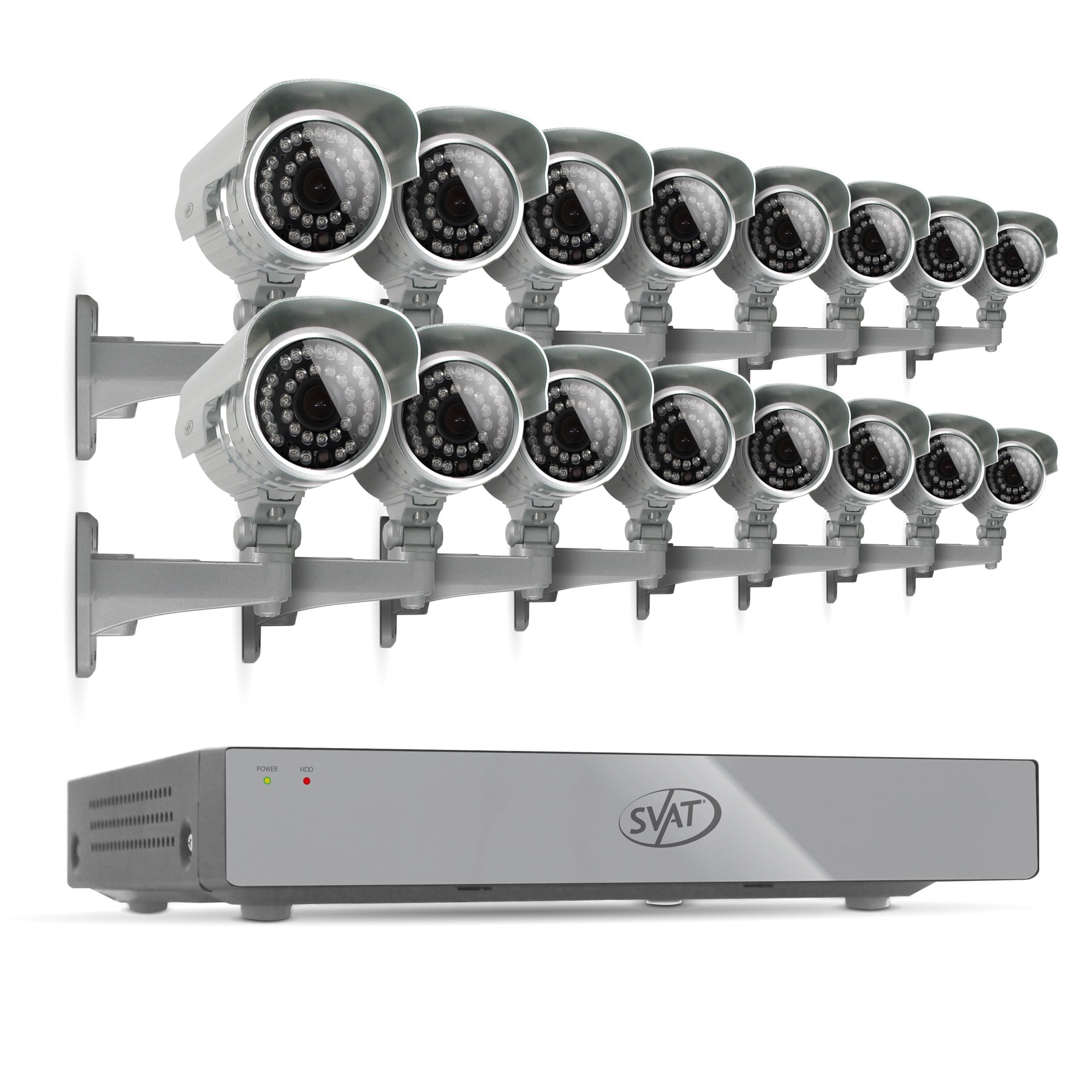


This is the simplest approach which assigns a series of colors across an evenly spaced scalar range. First you'll need to define a colormap and then create a RenderMan shader that can use it. Other than geometry, the second most important aspect to Sci-Vis is probably mapping colors to your data, and we have many ways to do that to ultimately render them with RenderMan. Vtk2rib.vtkPointSetToRIBSpheres(CreatePointSetData()._this_) Here's a variant that exports a point cloud as spheres using the same radius (although they can be scaled by scalars by using ).xs Vtk2rib.vtkPolyDataToRIB(CreatePolyData()._this_) Here's what you can do in a Python script to export a vtkPolyData mesh with its scalars, texture coordinates and normals into a binary RIB file, just supply your own "CreatePolyData" function. Texture coordinates, scalars and normals also go along for the ride where applicable. VtkPointSet to either RenderMan points, or spheres, or whatever (this can be generalized to easily duplicate arbitrary objects) VtkUnstructuredGrid with hexahedron cells VtkPolyData to polygon mesh(es), or lines For input, it supports vtkPolyData, vtkUnstructuredGrid, and vtkPointSet with different flavors of RIB output, such as It does what it's called, convert Visualization Toolkit (VTK) datasets into RenderMan Interface Bytestream (RIB). Here's a quick break down of what each piece of the SVAT bundle does. You can't configure your environment to install and re-use many existing libraries and tools.Īny ideas for a feature? Submit it here. Programming and scripting intimidate you. You expect to create realtime, interactive visualizations. Your other renderers can't create shadows, transparent image channels, anti-alias, scale with large data or render without obvious artifacts (like incorrect zbuffer sorting). You're familiar with programming with C++ and Python (you'll have to compile, install and write moderate code to "glue" your workflow together). You want to learn exactly what RenderMan does in practice, and how to make it work for you. You want to do high-end sci-vis in 3D, for free!

For example, VTK ships a vtkRIBExporter class, but it poses the problem of exporting an entire scene in one go, in ASCII and without line support, and how often can you get away nowadays with visualizing complex scenes in a single render pass? aren't there already VTK-to-RenderMan and Blender-to-RenderMan converters? Absolutely, but could you show me published results that they meet all your needs? They didn't for me, and so here we are.

convert data and color transfer functions from the Visualization Toolkit (VTK) for RenderMan® compliant renderers, i.e.The SciVis Artist Tools (SVAT) is a collection of scripts, shaders and converters that will empower you to: Released v0.3.0 with the new tools mpir and seqck.py. Small updates to xvtk.py (quick previewer of VTK files) to colorize texture coords, apply a texture, and scale spatial coordinates.Īdded LightToRIB.py to convert a Blender light into a RIB light. Released v0.4.0 with the new tools vtkdump.py (textual dump of VTK files), pygribs.py (python generated rib scenes), png2spk.py (reverse engineer colorbars), and ncregrid3d (2D and 3D curvilinear-to-uniform grid interpolators).Īdded new RenderMan shader RSZatmos.sl for an artistic, volumetric planet atmosphere (very pretty).


 0 kommentar(er)
0 kommentar(er)
